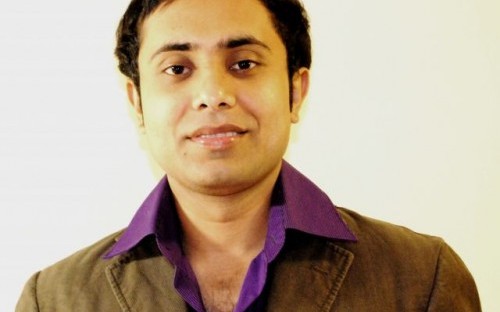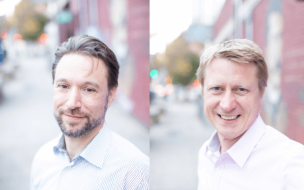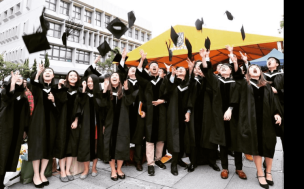With an ambition to bring sustainability to mainstream business practices, Tarak Dutta left his well-paid job as an IT engineer to pursue an MBA at the University of Exeter Business School.
“With much broader and more in-depth knowledge of sustainable business practices, we can be our own fortune makers” says the 29-year-old, who wants to set up his own consultancy.
Inevitably, it will require a large amount of effort, knowledge and focus. Dutta expects the MBA to provide him with all the fundamentals he needs to understand how the goals of sustainability can be reconciled with those of business for the long run.
Shortly after achieving a first class honours Bachelor of Engineering from the Bengal Engineering and Science University, he went on to work for various multi-national companies such as Tata Elxsi, Motorola, Conexant and Qualcomm.
He received various corporate awards such as BRAVO from Motorola India, QUALSTARS from Qualcomm for excellent performance and even participated in Qualcomm’s Venture Fest, an internal business plan competition.
Dutta was carrying out his own research on b-schools such as Birmingham, Leeds, Bath, Glasgow and Strathclyde. He then found out about the University of Exeter Business School launching a new MBA programme called ‘The One Planet MBA’, which focuses on sustainable business practices.
Although Dutta received more offers from four b-schools, he chose the University of Exeter Business School, where he also landed a scholarship of £5,000.
“It is true that business without profit maximization is not feasible. However, the University of Exeter Business School has started a journey to create a new way of doing business, to place sustainability at the centre of future business decisions.”
The One Planet MBA, working in partnership with the World Wildlife Fund (WWF), seeks to change the mindset of future leaders so that they consider the environmental and socio-economic impact of their decisions.
Four months into program, Dutta finds it very much lives up to his expectations.
“Our MBA director, Dr. Malcolm Kirkup, is extremely helpful in guiding us and also providing all the support we need throughout this journey. Even though I’m an international student, I still feel at home,” he says.
His MBA class includes students with 22 nationalities from diverse industry backgrounds such as IT, manufacturing, chemicals, non-governmental organisations, marine, entrepreneurship, hospitality, banking, finance and the legal sector.
Six years of experience in the corporate world does come in handy, helping Dutta to adapt to new environments.
With aspirations to change traditional business practice, Dutta will be back in the private sector after his MBA and set up his own consultancy firm in the near future. Watch this space for at least one sustainable business.
RECAPTHA :
ec
6c
3e
82







